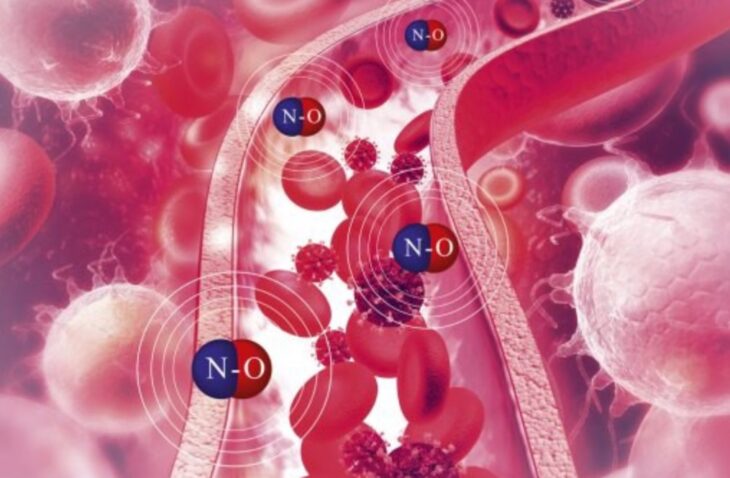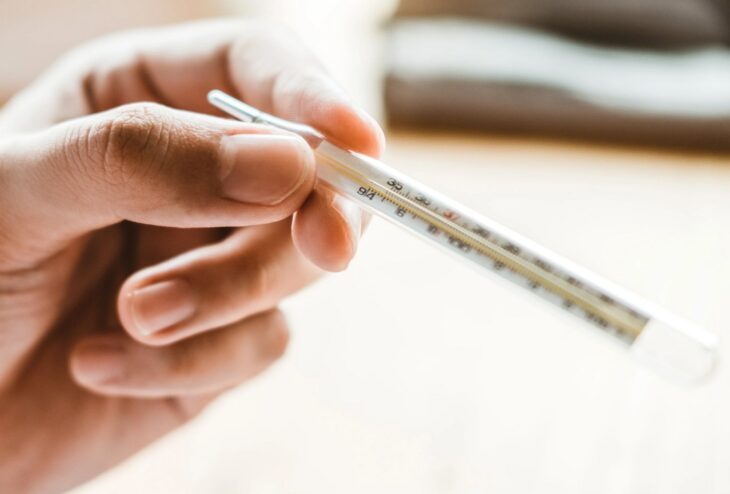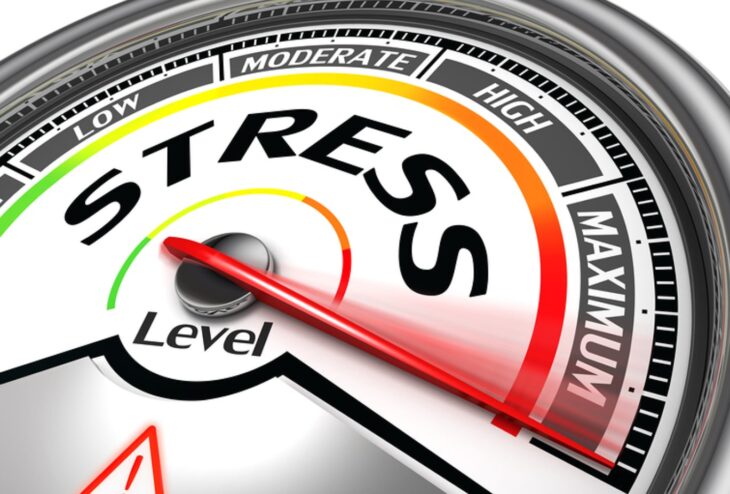Nitric Oxide is a gas that plays a vital role in our functioning and is produced naturally within the body. However, as we get older, the body’s ability to produce this gas starts to wane, and this can lead to people having low nitric oxide levels. In fact, nitric oxide deficiency is a surprisingly common problem, which is something that most people are not even aware of.
Given the important functions that this gas plays when it comes to the functioning of the body, it is advisable to be aware of the signs of NO deficiency. You may have noticed changes in the body as you get older, and some issues you experience could be the result of a drop in nitric oxide deficiency. Knowing what the signs of deficiency are can be helpful, as this then enables you to take steps to replenish the NO levels in your body through measures such as good nitric oxide supplements among other things. Learn more about it here.

Source: berkeleylife.com
Contents
What Are the Signs of Deficiency?
There are various signs that could suggest you have low nitric oxide levels, and this is something that you can address with changes to diet and lifestyle as well as by taking the right supplements. Knowing what the signs are will make it easier for you to take action, and this can have a big positive impact on your health and wellbeing. Some of the key signs you may notice if you have a nitric oxide deficiency are:
Vision Problems
One of the issues you may experience when you have low NO levels is problems with your vision. Of course, there are various things that can cause vision problems, and your vision does naturally diminish as you age. However, low NO levels can have a big impact on your vision health, so this is something to keep in mind if you start to develop poor vision.
Nitric oxide helps to regulate intraocular pressure, and it does this by helping to control the flow of eye fluid, which then impacts the increase or decrease of intraocular pressure. If your NO levels are low, this process is obviously not as effective, and this can then have an adverse impact on your vision.

Source: kellyeyecenter.com
Increased Baseline Temperature
Another of the effects of low NO is an increase in your baseline temperature, and this can leave you feeling much warmer than you are comfortable with. This rise in temperature comes about due to NO synthase inhibition in the central nervous system, which then causes the rise in temperature. This is something that can cause discomfort for some people, although in others, the difference in temperature may only just be noticeable. This is another sign that your NO levels may not be high enough.

Source: scientificamerican.com
Decreased Movement
When you have low nitric oxide levels, you may also experience reduced movement, which can be quite distressing for some people and inconvenient for others. You may find that you ache more than usual and that you are not as nimble or flexible as you think you should be. When people develop aches after working out, there is a link to low NO levels.
While we all experience aches, pains, and reduces movement now and again for various reasons, this could be a sign of low nitric oxide levels. So, see whether you also display some of the other symptoms such as reduced vision or increased body temperature to get a better idea of whether this could be the result of NO deficiency.
Higher Stress Levels
Stress is common among people from all walks of life in today’s fast-paced world. While there can be many triggers of stress, one of the things that could be causing you to experience chronic stress either regularly or now and again is a deficiency in nitric oxide. The good news is that this is something you can do something about because you can help replenish your NO levels through supplements and diet.
When you feel stressed, it can cause a range of issues with your body such as increased heart rate and constriction of blood vessels. This can then lead to physical problems and difficulties in functioning as you should. This is why it is important to take action if you experience stress and increasing your NO levels is one way in which you can do this.

Source: afro.com
Low Energy Levels
A lot of people find themselves experiencing low energy levels, and this can happen for various reasons. If you feel fatigued, this could be the result of low NO levels, and you may need to give your nitric oxide levels a boost in order to increase your energy levels. This is because NO is an excellent transporter that helps to carry oxygen and nutrients to other parts of the body including the brain.
When your NO levels are low, you may find that you have little energy and that you feel tired and even sleepy a lot of the time. As you age, you do tend to have less energy, and this can be due to a drop in nitric oxide levels, so it is well worth considering giving these a boost.

Source: stylist.co.uk
Less Efficient Recovery
One other sign that your NO levels might be low is if it takes you much longer to recover after strenuous activity such as working out. Over the years, you may become used to how long this normally takes, and if it starts to take much longer, this could be down to lower NO levels. Eating the right foods to boost NO can help to boost recovery times by increasing nitric oxide levels, as can using the right supplements to increase NO levels in your body.

Source: menshealth.com
Boost Your NO Levels
By boosting your NO levels, you can help to combat all these issues even as you get older. You can eat a healthier diet with the right foods to boost nitric oxide levels, and you can also find supplements that can help to increase NO levels with ease and convenience.
